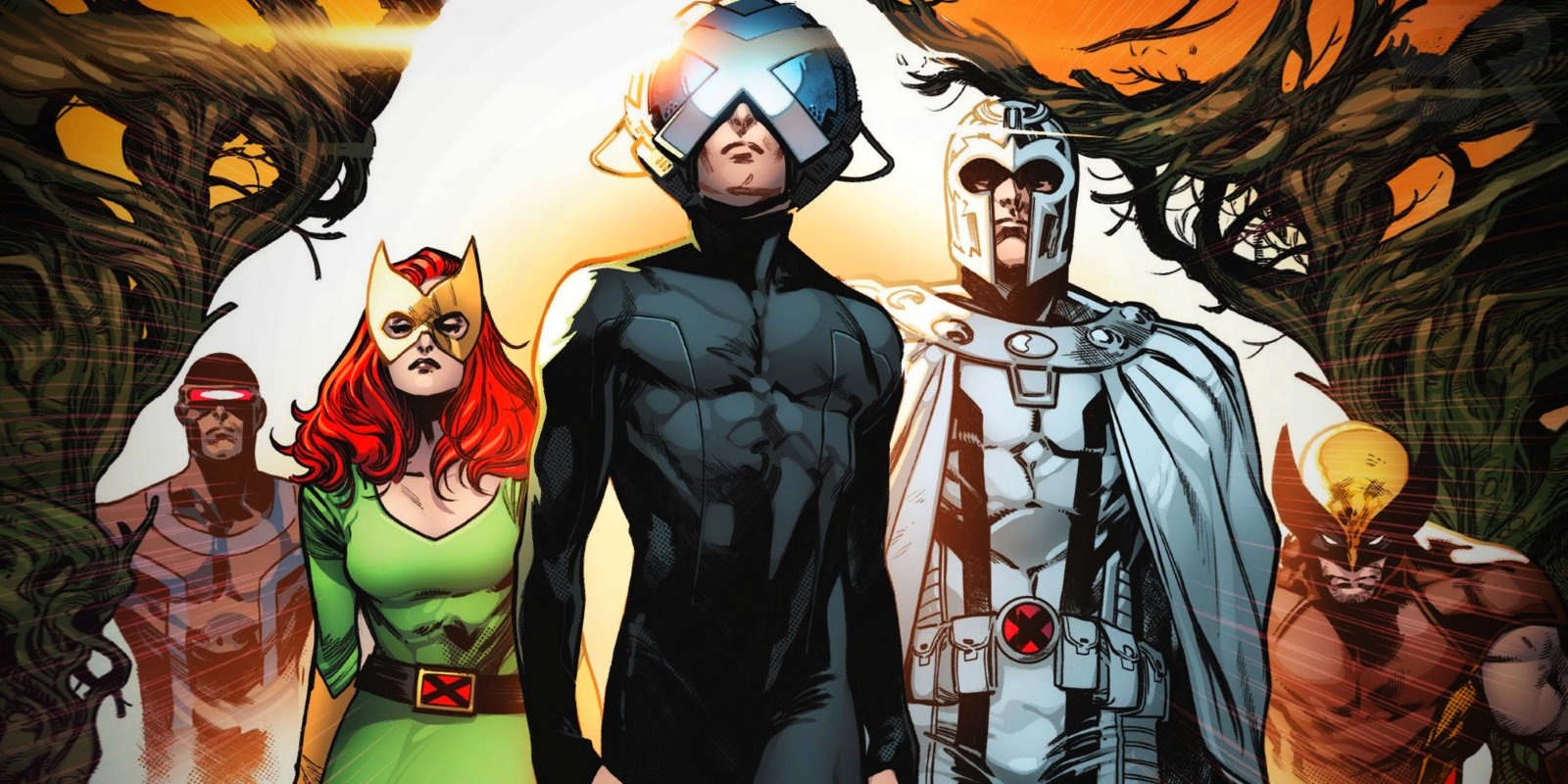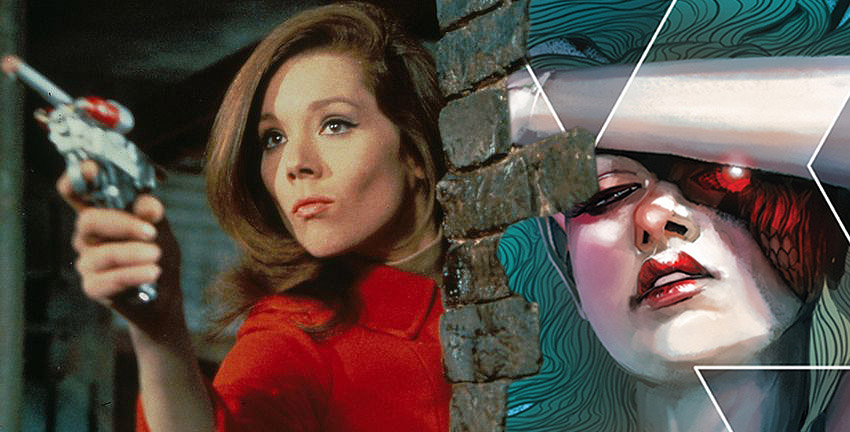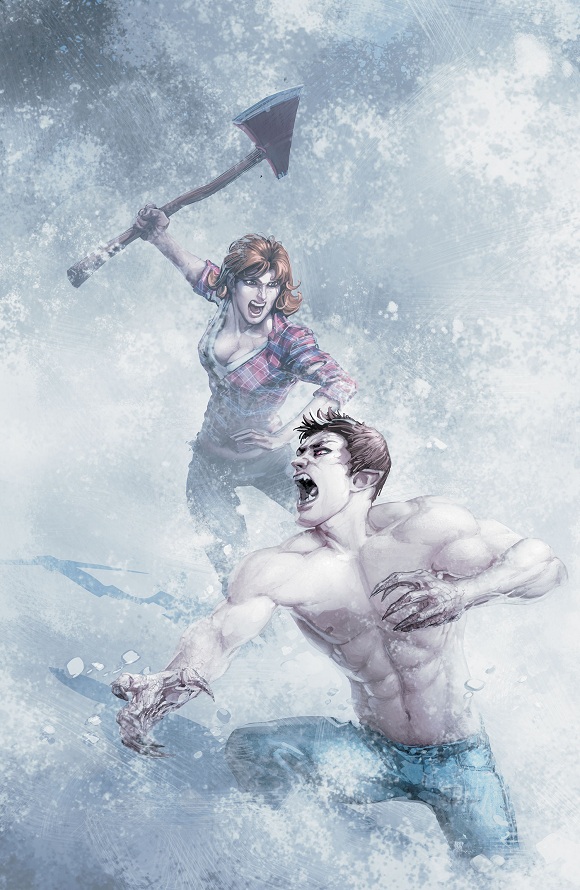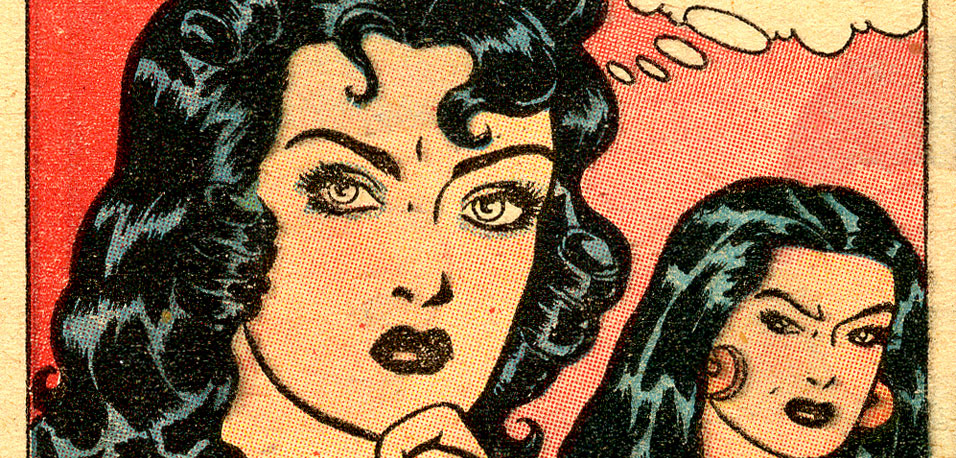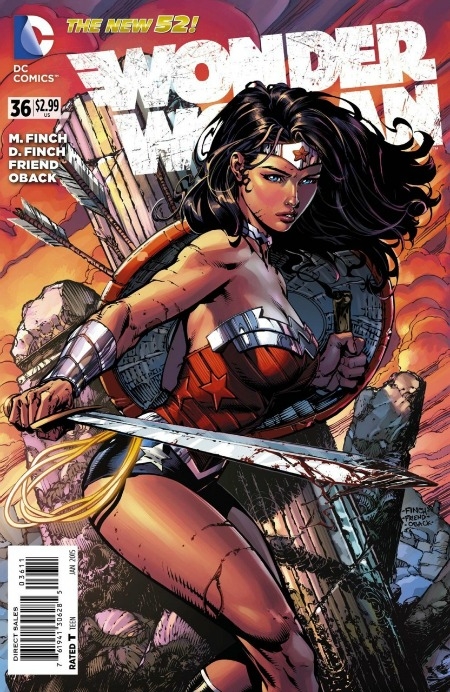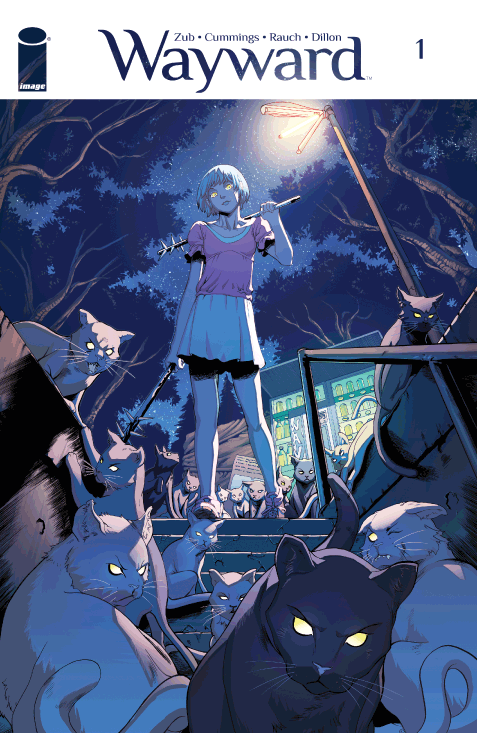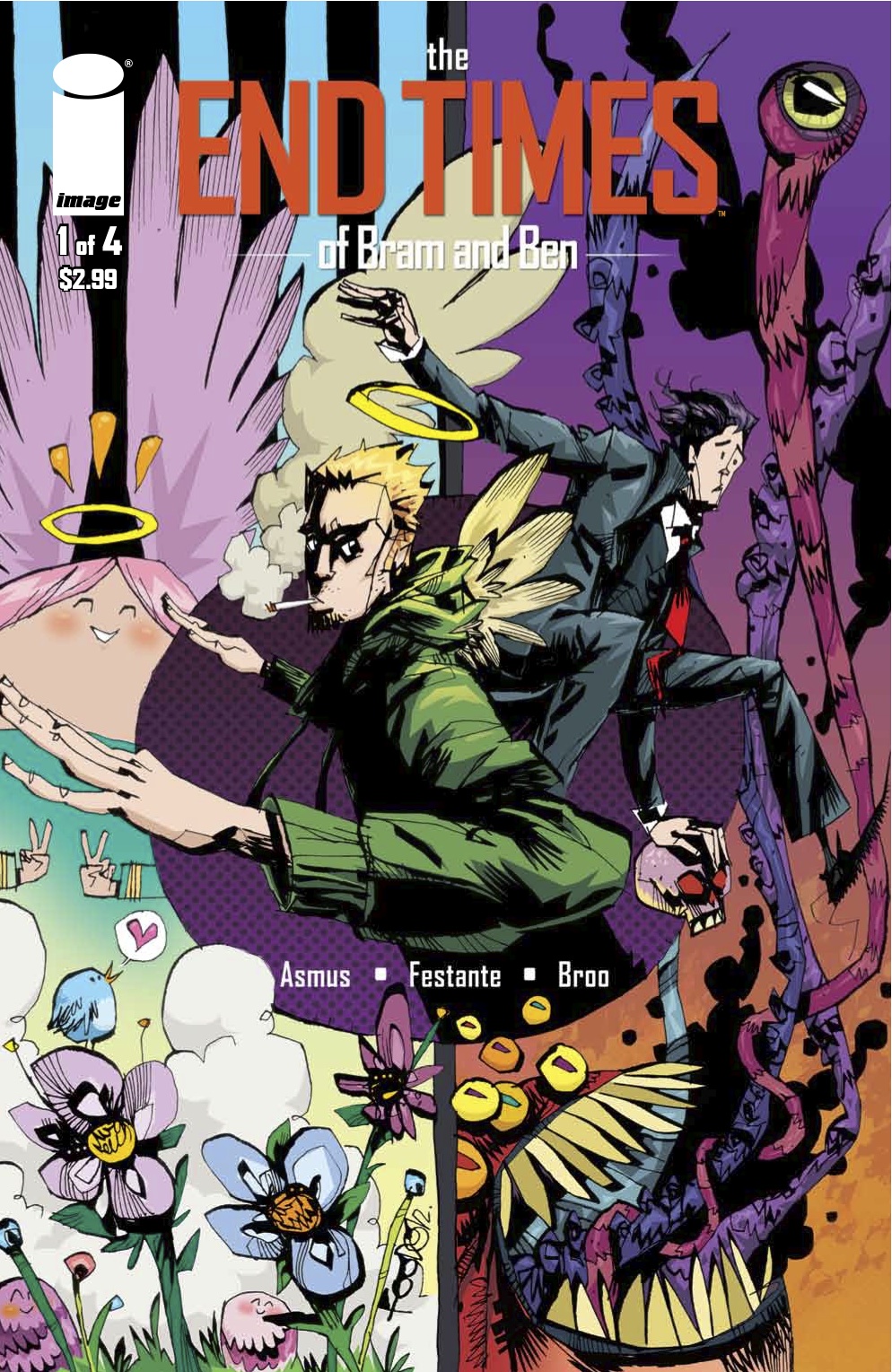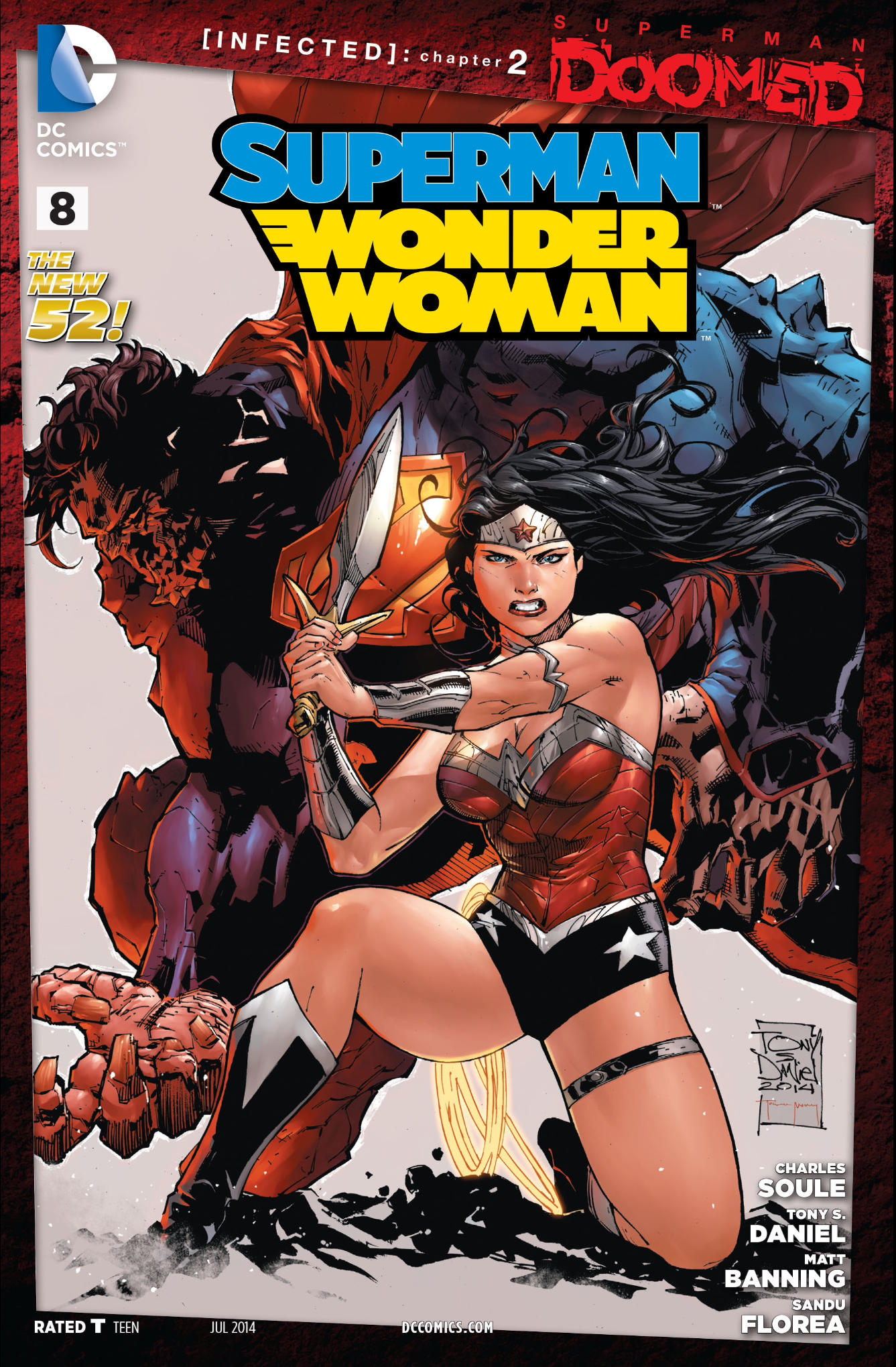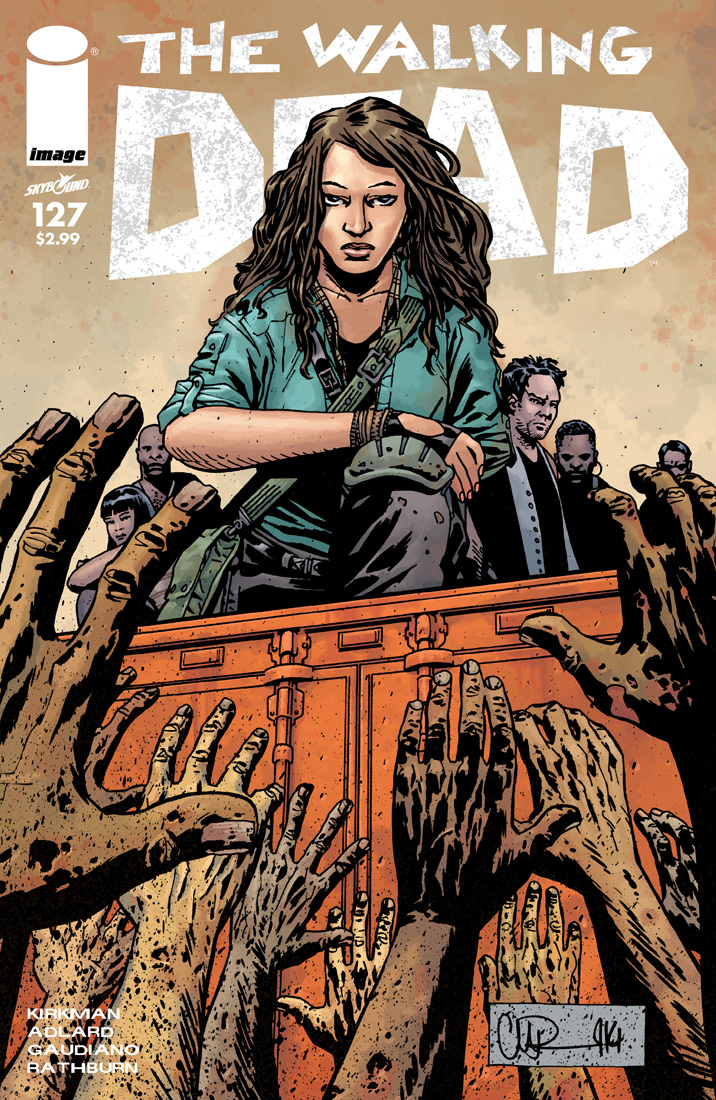The X-Men may possibly be the most important franchise in comics history. There is no doubt that for an extended period of time that the Marvel publishing line depended upon the success of the X-Men. There is also little doubt that for much of the ‘80s and early ‘90s there was not a more influential corner of the comic reading world as every publisher and creator tried to emulate what was going on with Marvel’s merry mutants. Whether it was the dramatic long form story telling of Chris Claremont or the stylish art of the plethora of incredible artists who graced the pages of the X-Men books including such greats as John Byrne, Paul Smith, John Romita Jr., and Jim Lee. Yet as the ‘90s progressed the X-Men’s influence declined. With Claremont forced off the book and then the bolting of the Image founders Marvel’s dominant X-Franchises went into a decline. There were highs and lows but nothing was consistent like it had been. The early ‘00s saw a resurgence with back to back incredible takes on the X-Men, first with Grant Morrison’s New X-Men and then Joss Whedon and John Cassaday’s Astonishing X-Men. Then again in 2012 with Brian Michael Benids’ All-New X-Men but these runs were few and far between and the interceding periods were less then stellar. I picked up my first X-Men comic when I was 5 in 1979, the haunting Uncanny X-Men #114, and I read nearly every X-Book from then on but as we got into the ‘00s My interest waned as the stories felt repetitive and, in some cases, just not good. It pained me to periodically drop off the X-Men as they felt like old friends that I was abandoning. But it had to be done as the stories, in my opinion, just weren’t good.
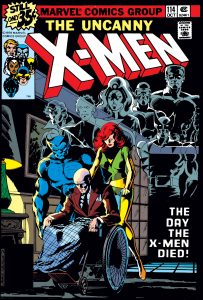
Over the past few years the X-Men have been in a tough position. While I truly believe that Marvel editorial wanted to do right by their plethora of Mutants Marvel publishing had differing feelings as the Fox movie rights bleed into publishing decisions. There was an attempt to replace Mutants in the Marvel Universe with Inhumans (again, all due to movie rights). Then there was the abbreviated attempt by Jeff Lemire to inject some new life into the X-Men with Extraordinary X-Men that saw time travel and the relocation of the X-Mansion to Limbo as the primary themes. Marvel ended this experiment quickly in the wake of the abysmal Inhumans vs. X-Men and then tried to capitalize on the past X-Men glory by creating their ill-fated color books (X-Men Blue, X-Men Gold, & X-Men Red). I tried to like the color books and did enjoy Tom Taylor’s X-Men Red but I just could not get into the others. It felt like a forced return to Claremont while trying to maintain the motifs from Bendis and it just didn’t work. Marvel must have felt the same as they began their march toward the Dawn of X.
There were rumors through the comic media that Marvel and Jonathan Hickman were working on a reunion. Hickman had famously breathed new life into both the Fantastic Four and the Avengers before destroying the Marvel universe in Secret Wars. Yet since Secret Wars Hickman had been doing independent books and was openly flirting with DC to revive the Legion of Super Heroes. While Marvel and Hickman worked out the details of their reunion Marvel shuttered their color books and did a soft reboot with the fantastic mini-series Extermination. Written by indie great Ed Brisson and beautifully drawn by rising superstar Pepe Larraz Extermination cleaned up the lingering issue of the original five X-Men being in the current timeline and maybe more infamously saw the demise of ‘Old’ Cable for a newer ‘Young’ Cable. Extermination led to a relaunch of the Uncanny X-Men under the writing brain trust of Brisson, Matthew Rosenberg, and Kelly Thompson. I truly enjoyed this brief run as it was engaging with enough X-history to draw me in but with a wonderful level of tension and the unknown as mutants died left and right, obviously causing concerns but in an entertaining way. What the writers knew and we would eventually come to learn was that this run was intended to be short, and the writers could do what they wanted because Hickman was coming, the Dawn of X was on the horizon, and Marvel’s mutants were soon to reach a heights they had not reached in years.
So here we are, a little over six months since Jonathan Hickman revitalized the X-Men and entire Mutant franchise. Under his guidance, the publishing initiative entitled the Dawn of X has become a phenomenon and must-read material week after week. So, I decided that this would be a perfect time to do a Pro/Con list for the entirety of the relaunch and it shouldn’t be shocking to anyone that I have a lot more pros than cons.
Pros:
House of X/Powers of X: These two conjoined Mini-Series may be the best comics I read last year. I was wholly original but dripping in nostalgia. I distinctly remembering reading House of X #1 and it felt like a reunion with old friends. Yes, motivations and status quos were different but the characters themselves felt like they were supposed to feel. I enjoyed the change in how Mutants had decided to deal with humanity. It made sense that Professor X’s dream of cohabitation was done and that Professor X had embraced the ideas of Magneto. It was as if Martin Luther King Jr. had changed his opinions and embraced the ideology of Malcom X. Then a week later the Powers of X (the Powers of 10) dropped and every futuristic itch I had with the X-Men was satisfied. The X-Men have a long history of future stories, so much so that I have lost count but the Powers of X was new and inventive in they way it jumped in increments of 10 (10 years, 100 years, 1000 years) yet was still tightly linked to the modern story being told in House of X. With each week’s new issue, I was blown away and Hickman paced the story perfectly as each answer to a question created a new question. The art was magnificent with Pepe Larraz handling House of X while up and coming superstar RB Silva handled the Powers of X. When I closed the page at the page at the end of the Powers of X #6 Hickman had accomplished exactly what he and Marvel had intended, renewed interest in the X-Men and a restoration of the entire Mutant franchise as I could not wait for what came next- All of It!
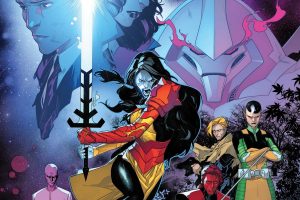
Perfect Sense of History: One of my favorite aspects of the Dawn of X is its deep links to X-History. It’s clear to me that Hickman grew up reading the same X-Men comics that I did and it shows in his character choices and story references. The Claremont era of the X-Universe is vitally important for the establishment and growth of what the X-Men have become and Hickman respects those stories. As I stated earlier reading the stories of the X-Men and X-Universe feels like old friends to me and where it pained me to drop off these titles for long stretches this now feels like a homecoming, a return of my old friends from a creative abyss. Unlike previous X-Men reboots/relaunches the Dawn of X pays homage to those halcyon days but it is not dictated by them. Hickman and company obviously love those Claremont stories but have not bound themselves to them. So for a reader like me it is comforting and creates a sense of nostalgia but for others who haven’t read those stories they are not missing out or lost, they simply get to create their own foundation and thirty to forty years from now new readers may revere the Hickman run like I do the Claremont run.
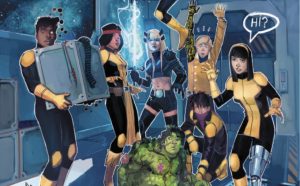
Modern Interpretation: Yes, Claremont had an influence on Hickman. Claremont has had an impact on nearly every super hero comic book writer. Yet Hickman and company are not simply copying what Claremont did. Instead they are taking the X-Universe in a logical modern direction. In an era where the president discusses walls and shockingly without regard blames minorities and others for all the woes of Americans it makes perfect sense that Marvel’s Mutants would choose separation over integration. Yes, it saddens me to see Professor X give up his dream and to choose separation over cohabitation but in the world of today it makes sense. I love the idea of Krakoa and as a political scientist by trade I am fascinated with the Quiet Council and the leadership dynamic and structure established for the new nation. This is not simple regurgitation of past stories with some shiny new wrapping placed upon them. These are new tales with modern takes and that is fantastic.
Serial Story Telling: Even with so many titles involved, and there are many, one of the beautiful aspects of the Dawn of Xis that everything feels connected. Each issue of a Dawn of X book gives you a suggested reading order and if you read in that order you will be rewarded with a grander, long form story that is going on within all of these titles. Hickman is an excellent curator of this corner of the Marvel Universe and he as well as the editorial staff have done a stellar job of keeping all the creative teams on the same page and on the same path. In the past when large scale reboots were attempted books within the reboot often diverge or go their own direction that makes no sense or conflicts with other books within the same line of comics. Not here. So far, each book has built on what has come before and readers can follow a coherent narrative throughout the entire line of comics. That being said it’s also possible to read the books that you want to and no be lost. My reading habits can be a bit scattered as my life gets busy and I have certain books I need/want to read as soon as they are released while other books go on my ever growing to read pile. If I jump the reading order I’ve never felt lost but if I read in the proper order the story is broader and far more layered and incredibly fulfilling.
Diversity: By diversity I mean two things- diversity of characters as well as diversity of creators. The second point first, this is not just a Hickman run experience. Yes, he is the curator and mastermind but he has turned over the individual books to both established as well as new creative talent and it is has been eye opening to some of the up and coming talent in comics. I’ll be the first to admit I am lax with new comic talent. I tend to congregate around the big two super hero world and get to know new creators when they get enticed to write or create art for the big two and then I usually follow established creators as they dip their toes in or return to their independent roots. It is nice to see Marvel and Hickman place faith in these new creative talents with some of the most important books (at least financially) on the market. It’s also been a joy to see an eclectic cast of characters. Yes the big names are here but the books are also littered with B list mutants and even obscure mutants. Hickman and company have gone deep into X-Lore to draw inspiration and look for different characters then we might be used to seeing in X-Books. There are characters here that come from every generation of the X-Men, going back to Lee-Kirby, through the entirety of the Claremont era, and then the ‘90s, ‘00s, and today. It’s a broad and diverse cast of characters that allows for unique storytelling and has opened the line of comics up to books I would have never expected.
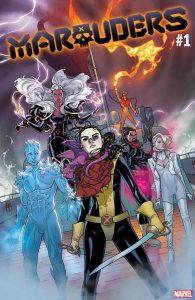
Titles: Every book has a tie to a previous X-Book. Some of them are a return to what we’ve known, such as New Mutantswhich is a reunion of sorts of the ‘80s team and for fans who loved that title the current book feels like a natural successor. Then there are titles like Fallen Angels, which have absolutely no connection to what was an obscure mini-series in the late ‘80s. I have found myself entertained with the reveal of each new title and how it connects to X-History.
Cons:
Quantity: So many books. Most comic readers have a finite amount of money they can spend on comics each month. Yet Marvel continues to roll out new X-Book after X-Book and for people who want to read the entire Dawn of X will have to make cuts to other books, which can have an effect on the ability of lower selling comics to survive. I wish Marvel would release more of these titles as a mini-series or bring back X-Men Unlimited, which was an anthology book from the ‘90s. I know Marvel wants to strike while the iron is hot but I’m worried that with so many books on the market it is going to become economically impossible to keep up.
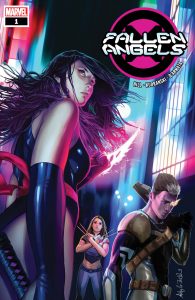
Longevity: Maybe not so much a con but rather a worry.How long can this continue? How long does Hickman want to continue to plot the adventures of the X-Men? With the nature of the storyline is it possible for the Dawn of X to continue past a year or two? I know that this is my pessimistic nature but I do worry how long this can continue. I know that Hickman is not a new Chris Claremont and will be with the X-Men for over twenty-years. I also have little doubt that Hickman has a plan, he’s notorious for having a plan but will Marvel co-opt that plan to continue to churn out more and more X-Books and saturate the market so much that the quality declines and we devolve into the ‘90s market where there were far to many X-Books but very few of them are worth reading.
So, as we come to an end of the first phase of the Dawn of X and will soon begin phase two it’s easy to say it is a great time to be an X-Fan again. It’s been a long time since I was this excited for the X-Franchise and looked forward each week for the newest releases. I don’t know how long it will last or where Hickman will be taking us but I for one am along for the ride no matter where it goes.

